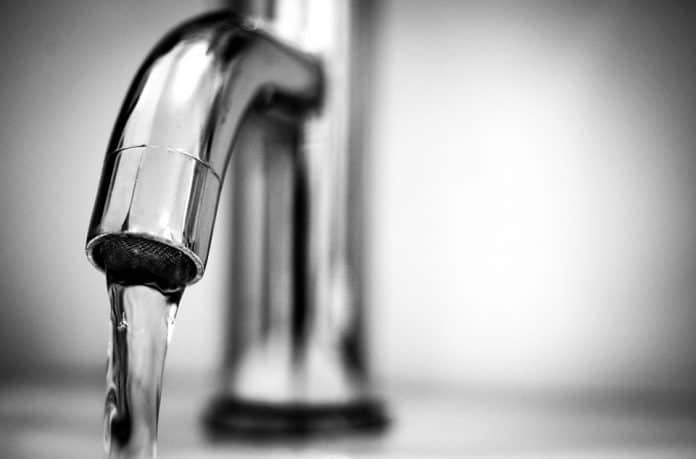TABLE OF CONTENTS
Trenton Water Works to begin low-velocity flushing program throughout its service area in early April
In the recent seven additional cases reported, no cases of Legionnaires’ disease have been identified for township residents who receive water from Trenton Water Works.
Although this is welcome news, the seven additional cases of the disease in the Trenton Water Works (TWW) service area in Trenton, Ewing Township, Lawrence Township and Hamilton Township have left two people dead, according to the New Jersey Department of Health (NJDOH).
The announcement comes after the NJDOH on March 28 released information that they were investigating the seven additional cases among Mercer County residents who receive services from TWW.
“The Hopewell Township Health Department, in addition to the New Jersey Departments of Health and Environmental Protection, is keeping close watch on the TWW water supplied to areas of the township,” Hopewell Township officials said.
The seven cases were reported between October 2022 and March.
“Legionnaires’ disease is a type of pneumonia [lung infection] that people can get after breathing in aerosolized water [small droplets of water in the air] containing Legionella bacteria,” according to NJDOH.
“People cannot get Legionnaires’ disease by drinking water that has Legionella. Less commonly, people can get sick when water containing Legionella is aspirated into the lungs while drinking [goes down the wrong pipe].”
As a result of the additional cases, TWW will perform measures to tackle the Legionella in the water system. They are going to start a low-velocity flushing program throughout its service area in early April.
The flushing program will increase the water circulation throughout the distribution system and increase and optimize chlorine levels.
“Low-velocity, or conventional flushing, restricts the hydrant flow to such levels that the sediment within the pipes is not disturbed or scoured,” NJDOH added. “The goal is to optimize chlorine disinfection to minimize the conditions that contribute to the growth of pathogens, such as Legionella.”


